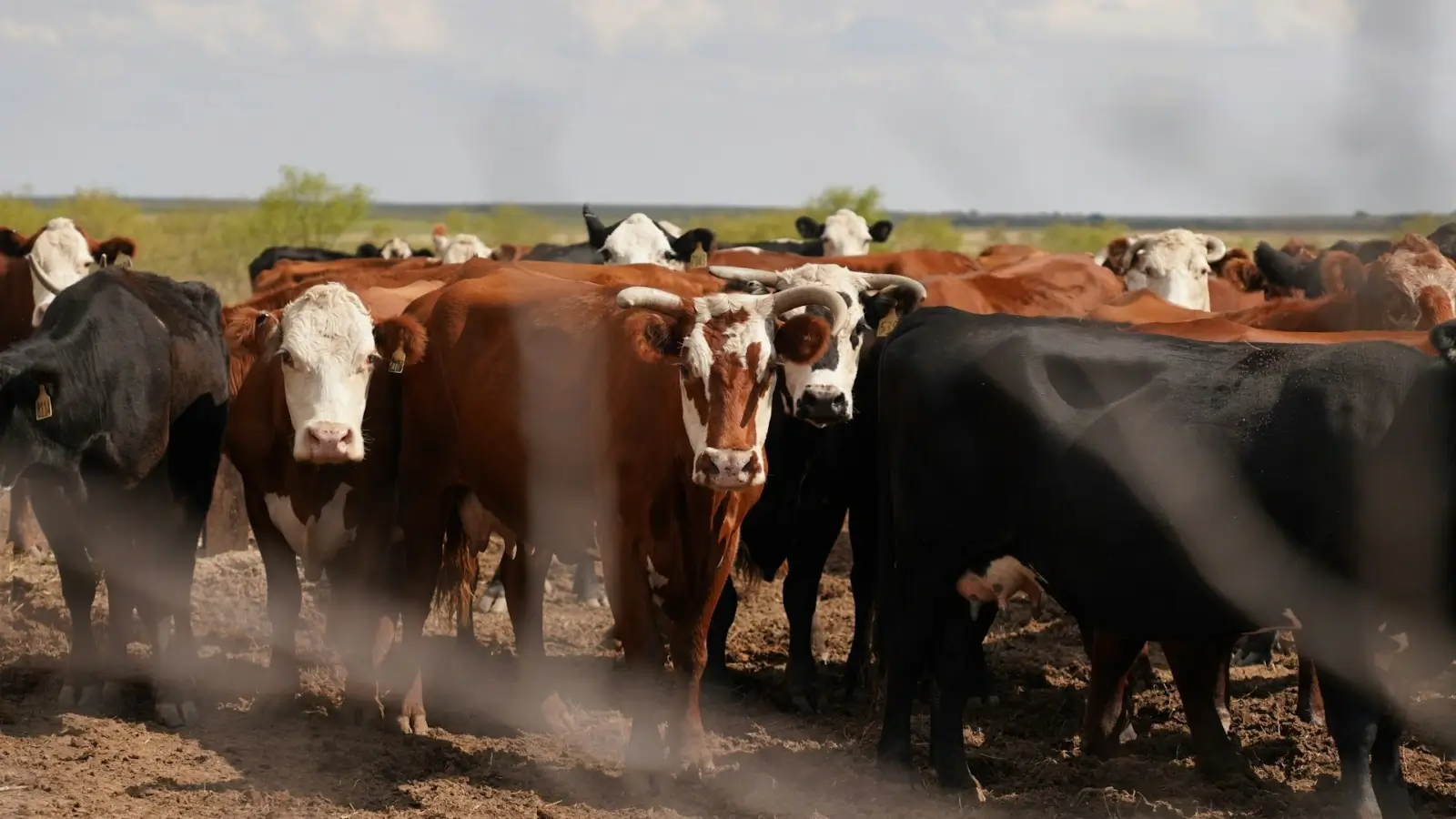


The beef business is not simply the process of cattle up-rearing, it is a management of relationships, logistics, and long-term business plans that allow sustaining the business and generating profit. Demand changes, prices change, and resources are limited, which is why the formation of partnerships in the beef supply chain is not an option anymore, but a necessity in the market that is unstable and volatile. Cooperation within the chain, between the feed suppliers and processors as well as the retailers, provides a platform upon which all can depend on the stability of the chain and associated growth.
Forming alliances aids in establishment of uniform and dependable business processes. By developing good relations with the suppliers of feed, transporters and the meat processors, the ranchers will decrease uncertainty and guarantee the ease of flow of goods and services. Such stability shields the producers against abrupt disruption in the market or shortage in supply which may otherwise interfere with productivity and income. A good association network is as good as a good fence line--it secures your business.
Long time planning is also assisted with strategic collaboration. Being aware of the fact that your partners are reliable will enable you to predict production more correctly and make expansion or diversification plans. Like a cattle gate prevents free movement and provides safety, so-called trusted partnerships prevent the development of risk and clear the way to stable progress. A good business relationship that is based on a win-win approach makes the operation stable even in the event of external disturbances.
Strong alliances in the beef supply chain prove effective to minimize inefficiencies. Time and resources are saved when everybody, the rancher, the retailer, each person, knows his or her role and can communicate. Coordinated schedules, shared logistics systems and transparency reduce wastage and enhance turnaround times. Such a highly coordinated operation also results in a lean operation that is more efficient and therefore capable of changing with the market better.
Joint ventures also provide access to joint buying and cross-investment opportunities. As an example, other ranchers or suppliers can be contacted, which can help to obtain superior offers regarding feed, transportation, or equipment. With shared resources, operations are able to reduce costs and retain quality simultaneously. Similar to sound cattle troughs in which all animals have the right to the resources, shared business practices will make sure that all partners will gain equally.
Acquiring better access to markets is one of the most effective opportunities of collaboration in the beef supply chain. The collaboration will enable the ranchers to venture into new markets which would not be easily accessible to a single operation. Product sharing, collaborative marketing or joint branding assists the small and medium producers to compete with the bigger corporations. Alliances may be useful in matching the products with the consumer preferences, like traceable beef or sustainably reared cattle.
The strength of the brand will increase as the partnership creates trust and reliability. A beef operation that operates in collaboration with distributors, retailers and even restaurants provides a stable reputation of quality. The issue of the origin of the food is more aware of consumers in the current society, and an open, well-linked supply chain is a source of trust. This trust in the long run translates to customer loyalty, increased sales and an increased standing in the market.
Alliances are also very essential in terms of the promotion of innovation in the beef industry. Collaboration provides the ranchers with access to new technologies, data-sharing systems and research, which they can otherwise find too costly or complex to handle individually. Genetic, feed efficiency, and animal welfare innovation are usually formulated and enhanced through collaboration between producers, researchers, and suppliers.
In addition to innovation, collaborations enhance sustainability. When the supply chain collaborates, shared land management goals, water conservation goals, and waste reduction goals become attainable. Sustainable practices do not only safeguard the environment but also makes the business more resilient to any changes in regulations and the market. With all players in the game, the ranch to the retailer, working together to be accountable for the effects of their actions, then the overall industry will be driven forward with a sense of purpose and integrity.
Connection is a flourishing part of the beef supply chain. Establishing alliances is more than connecting business but establishing a network of reliability, creativity and mutual prosperity. In a sector where the competitors are under constant pressure, teamwork is stable, efficient and growth-driven. Each component in a ranch is important in the health of the herd, just like any other partnership will contribute towards the robustness of the whole supply chain. Through the process of cooperation, the stakeholders including the ranchers will not only be assured of their future but also of a better and competitive beef industry in future generations.